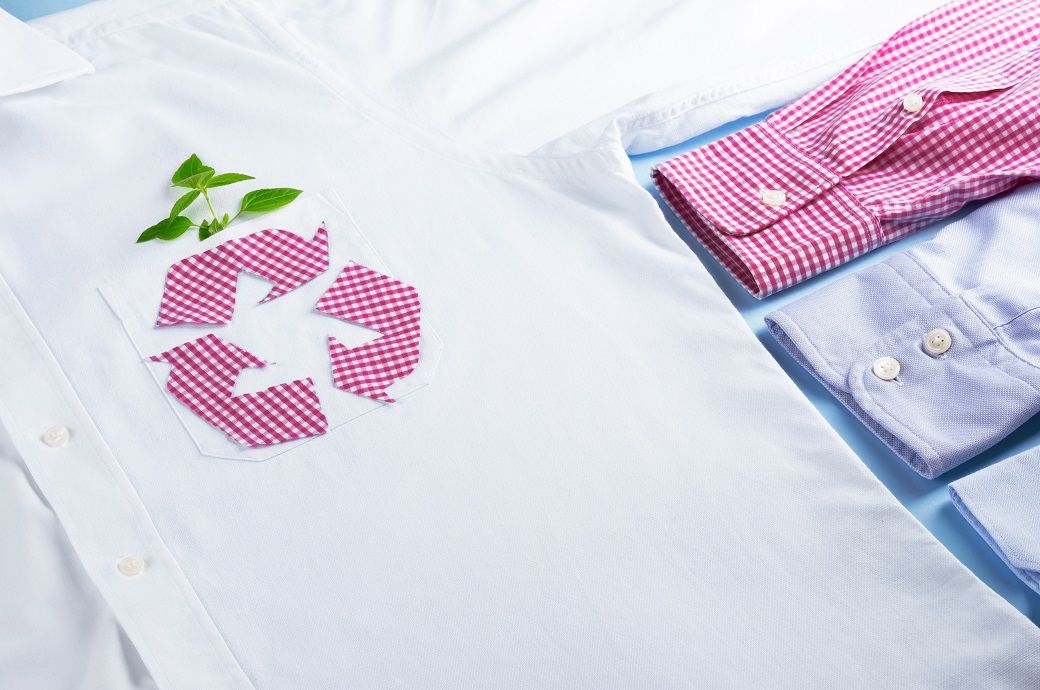
Companies must make available software updates, consumables, spare parts and accessories for an appropriate period. Products should also be easy to repair and consumers should have access to repair guidelines, the report said.
The committee put forward its proposals to make products in the European Union (EU) more environment-friendly, circular and energy-efficient throughout their lifecycle.
It adopted its position on revising the EU’s eco-design framework for sustainable products with 68 votes in favour, 12 against and 8 abstentions, an official release said.
Products may only be sold if accompanied by a ‘product passport’, containing accurate and up to date information. This passport would enable consumers and businesses to make informed choices when purchasing products, facilitate repairs and recycling, and increase transparency about the environmental impact of what they are buying.
Members of European parliament (MEPs) want consumers to be able to compare product passports through an online platform.
Economic operators which destroy unsold goods would have to report the annual number and percentage of products they discarded as well as their reasons why. Based on this information, MEPs want the Commission to identify products for which a destruction ban should be introduced.
MEPs want the Commission to prioritise a number of product groups in its first working plan to be adopted within three months after the entry into force of the new rules. These priority products include textiles (notably garments and footwear), furniture, tyres, detergents, paints, lubricants and chemicals.
Fibre2Fashion News Desk (DS)